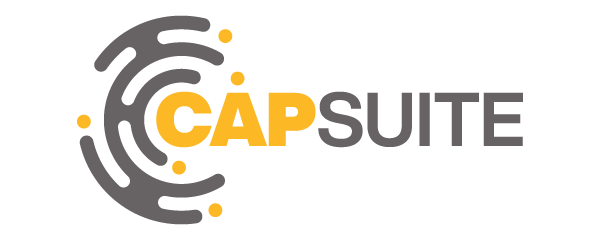10 Characteristics to Consider When Choosing an ERP System (Part 1)

1. Clear Understanding of Operational Pain Points
If your company is using an ERP system for the first time, you may not know what the system requires or its specific needs. Before contacting ERP system vendors, it is best to clarify with yourself or colleagues from different departments what operational issues may be causing inefficiencies or their expectations for the system and how it can assist colleagues in various departments. Once you clearly understand what you want the ERP system to achieve, you can identify the necessary functionalities and technical requirements.
2. ERP System Performance
In addition to understanding the system requirements, you must consider the specific performance needs of your company's ERP system. ERP systems typically include features such as analytics dashboards and department management functions. However, if your company has specific regulations, it is important to communicate this with the ERP system sales team. For example, if your company requires business communication with overseas or European companies, the system may need to comply with GDPR. This is also something to consider when selecting an ERP system.
3. Return on Investment
The main purpose of an ERP system is to enhance operational efficiency and ultimately increase business revenue. Therefore, return on investment (ROI) is undoubtedly a crucial factor to consider. One cost-related consideration is whether to opt for a cloud-based system or have an on-premises server within the company. In comparison, cloud solutions offer advantages such as cost-effectiveness and greater flexibility, potentially leading to faster ROI. However, if the company has specific hardware requirements or needs servers on-site, that should also be considered.
4. System Compatibility
Before implementing an ERP system, the company may already have various operating systems. Even with adopting an ERP system, it may not immediately replace all other systems, requiring simultaneous operation with existing systems. Therefore, compatibility with other systems should be considered when choosing an ERP system. If compatibility is not possible, the decision must be made whether the ERP system can fully replace the functionalities of the existing systems.
5. System Training
When starting to use an ERP system, it takes time for colleagues to become familiar with the system or learn new methods of communication with colleagues from other departments. Therefore, ERP system sales teams generally provide system training to ensure smooth utilization by employees. Additionally, you can inquire whether the ERP system vendor offers monthly support plans that provide different levels of assistance.
These were the first five considerations shared today, hopefully giving you insights on choosing an ERP system. In our next discussion, we will share another five factors to consider, aiming to help you select an ERP system that best suits your company and enhances operational efficiency.
TAGS
-
#

